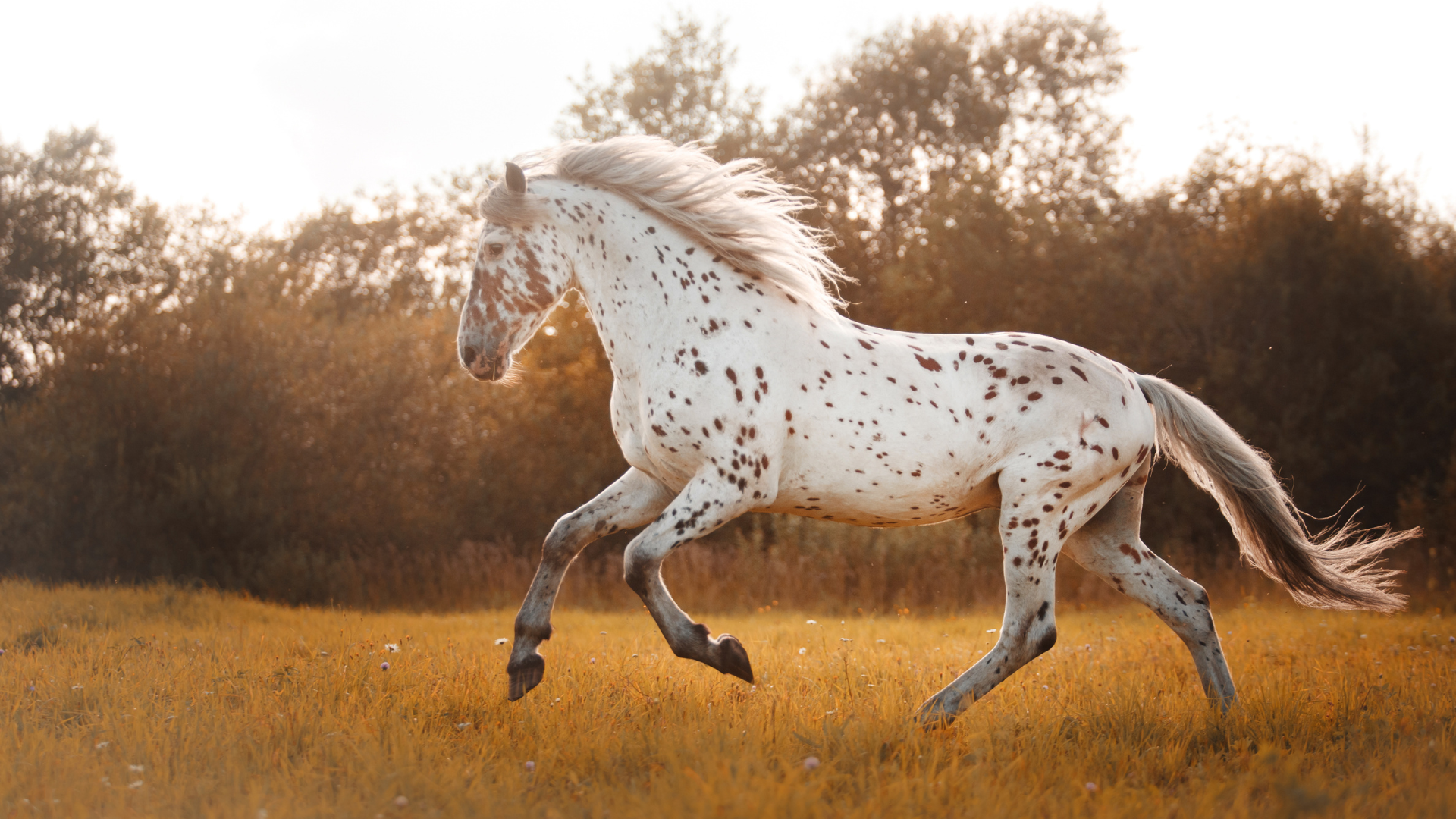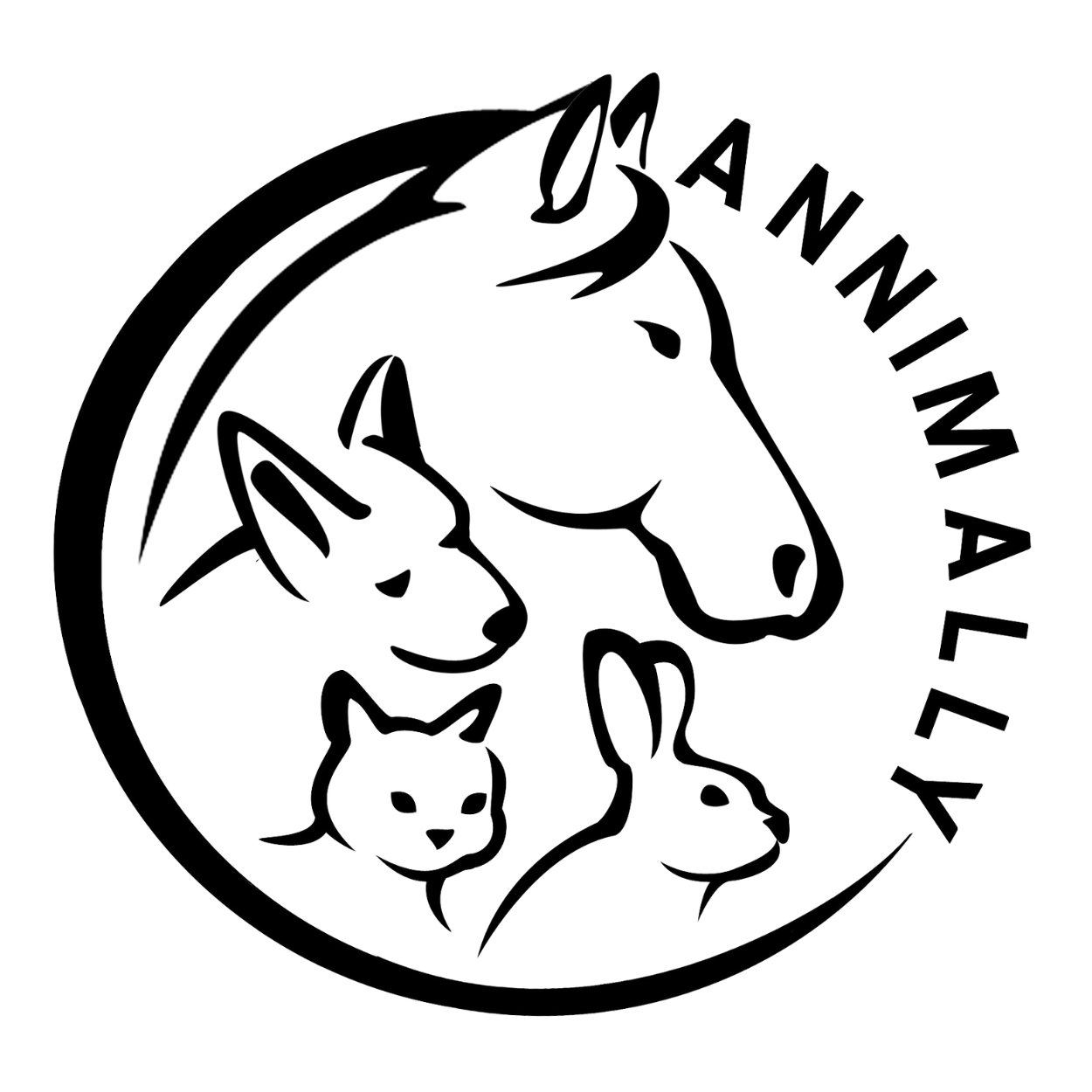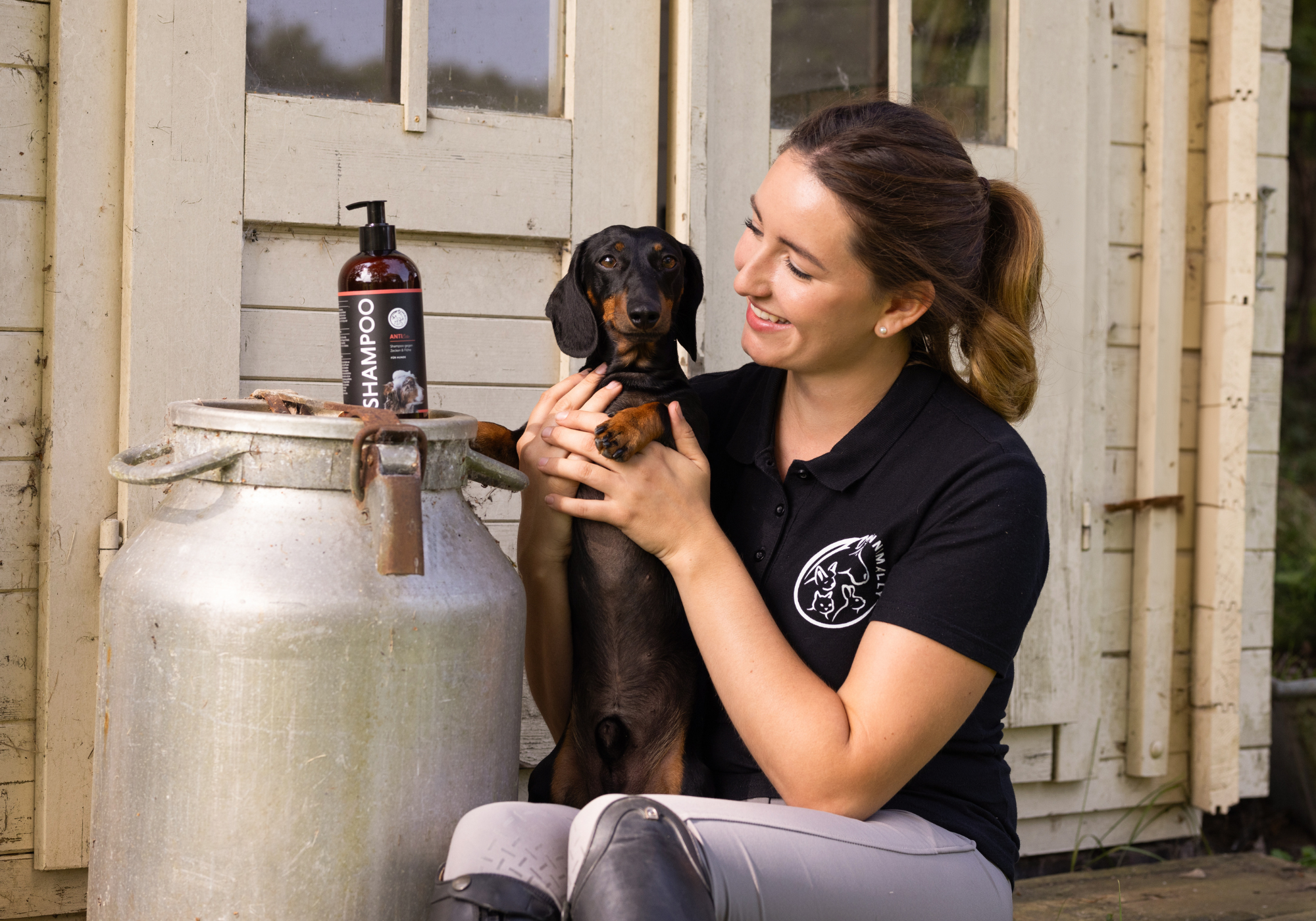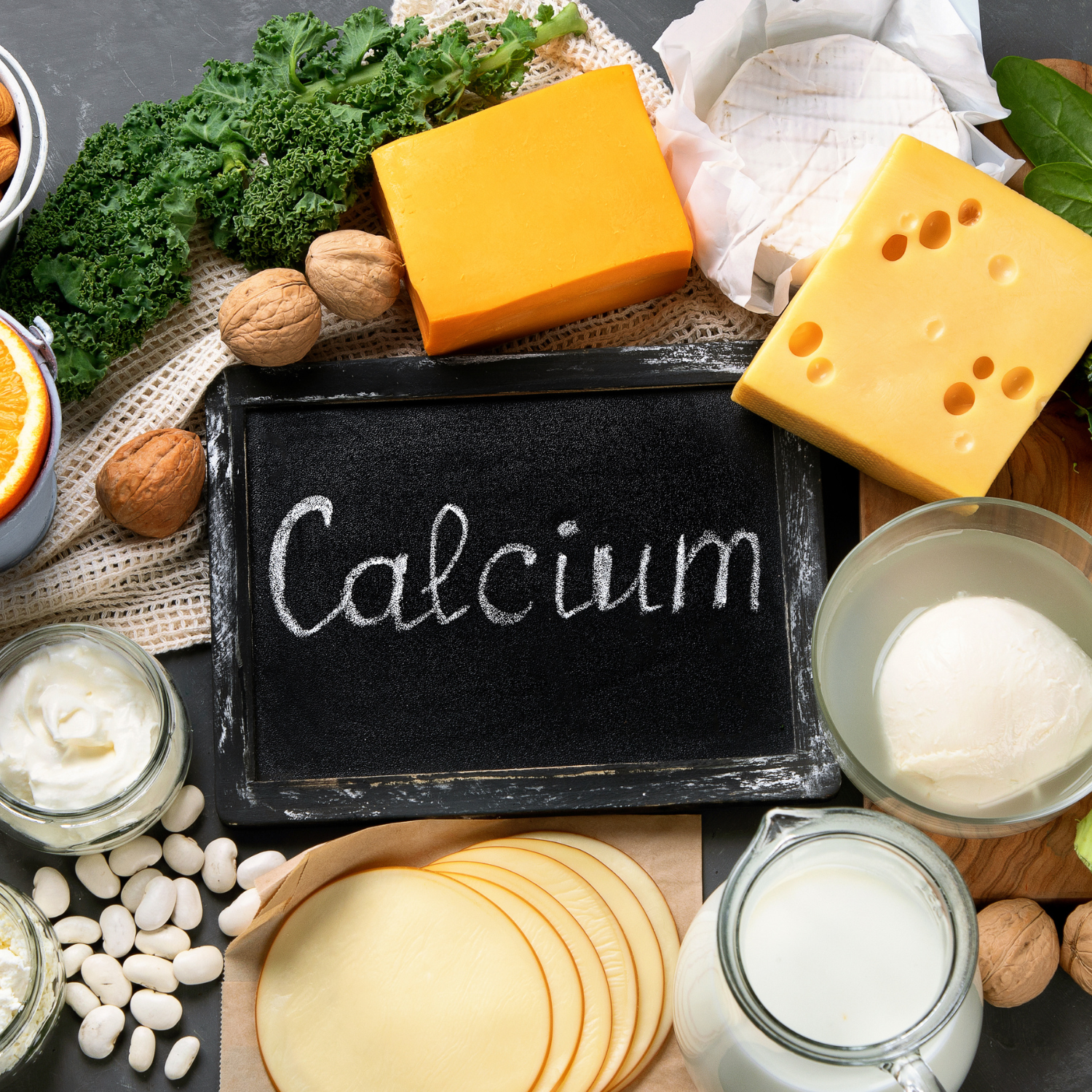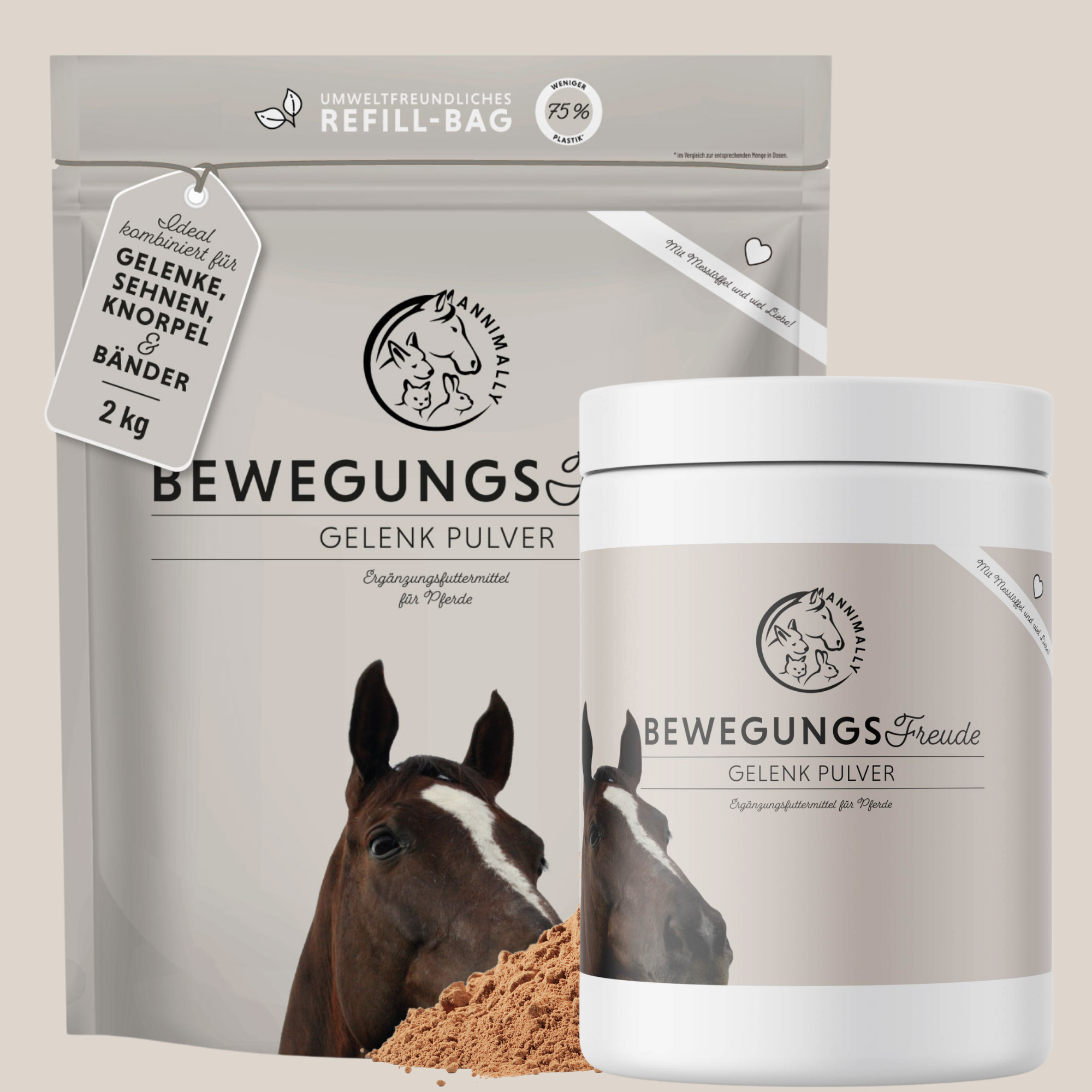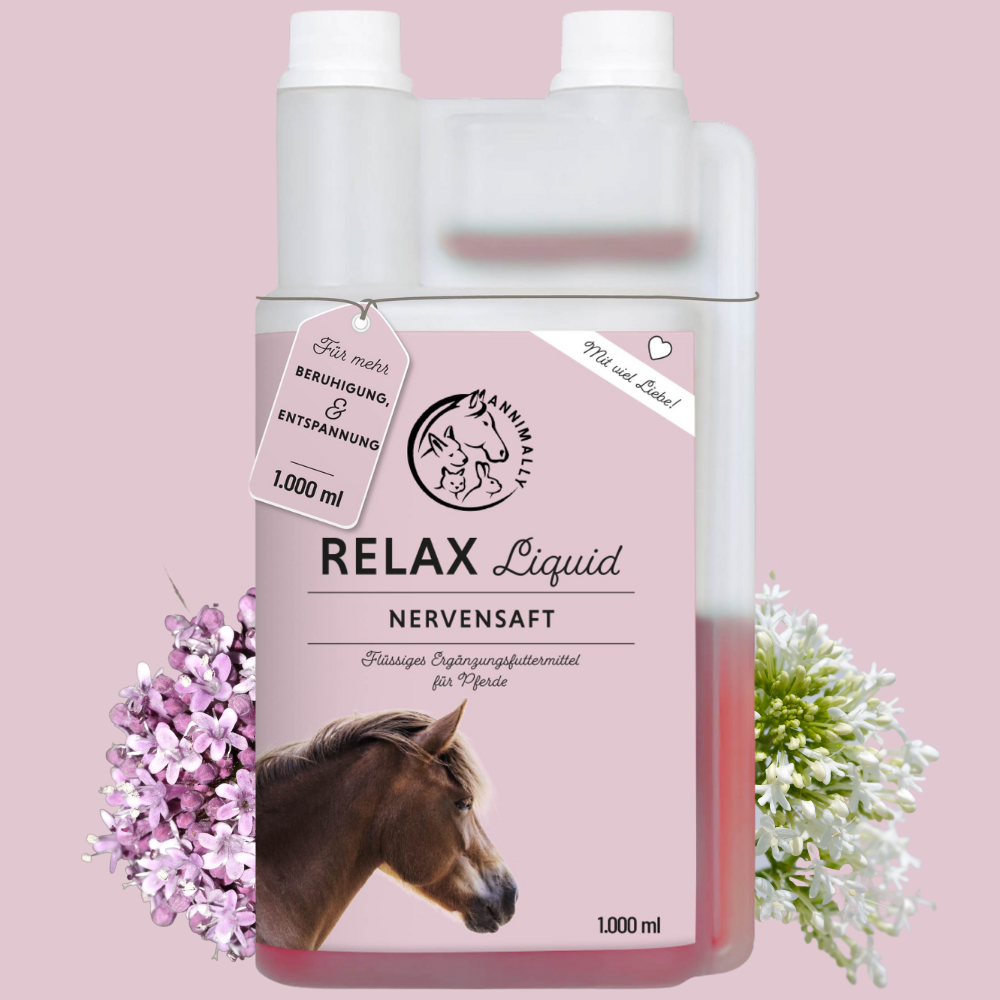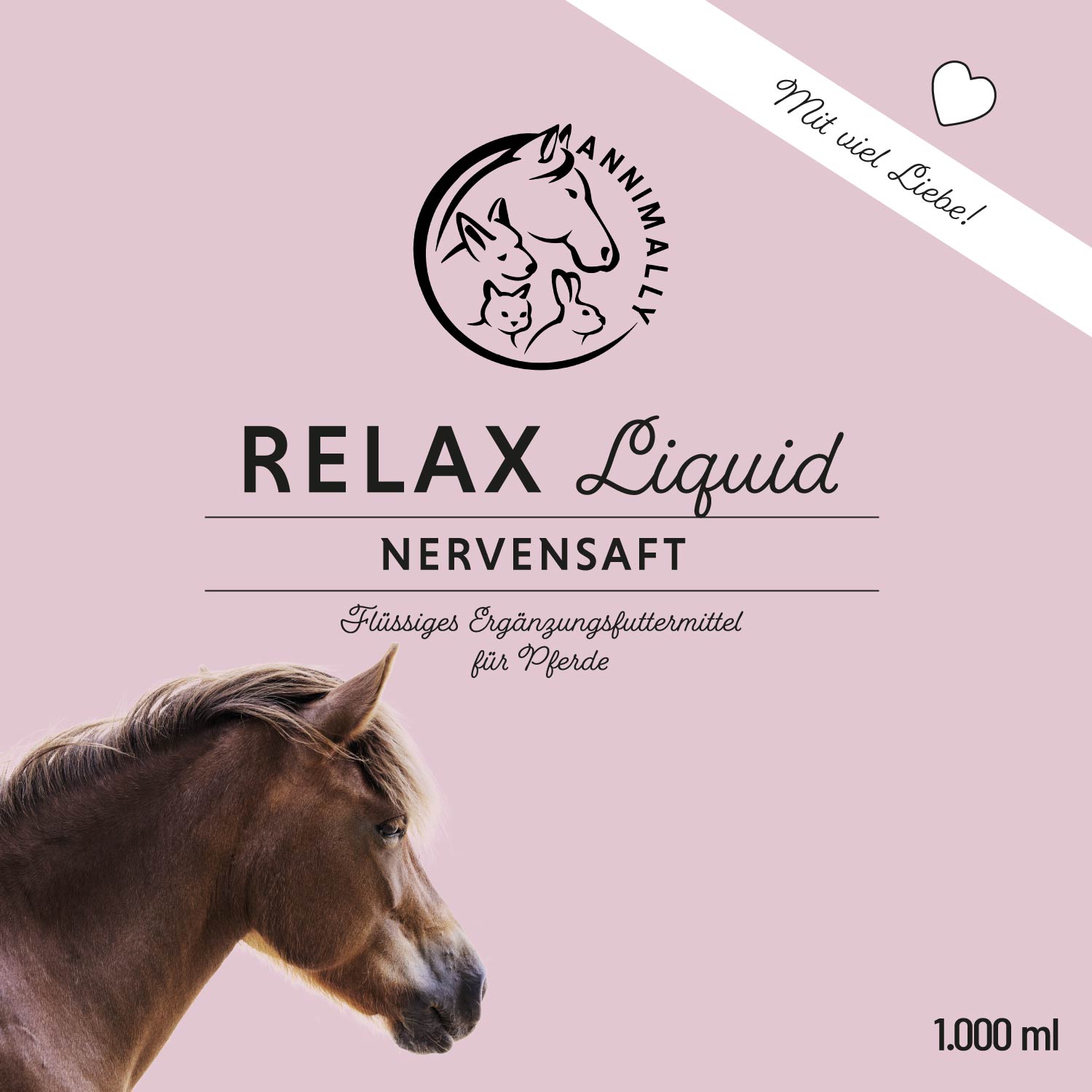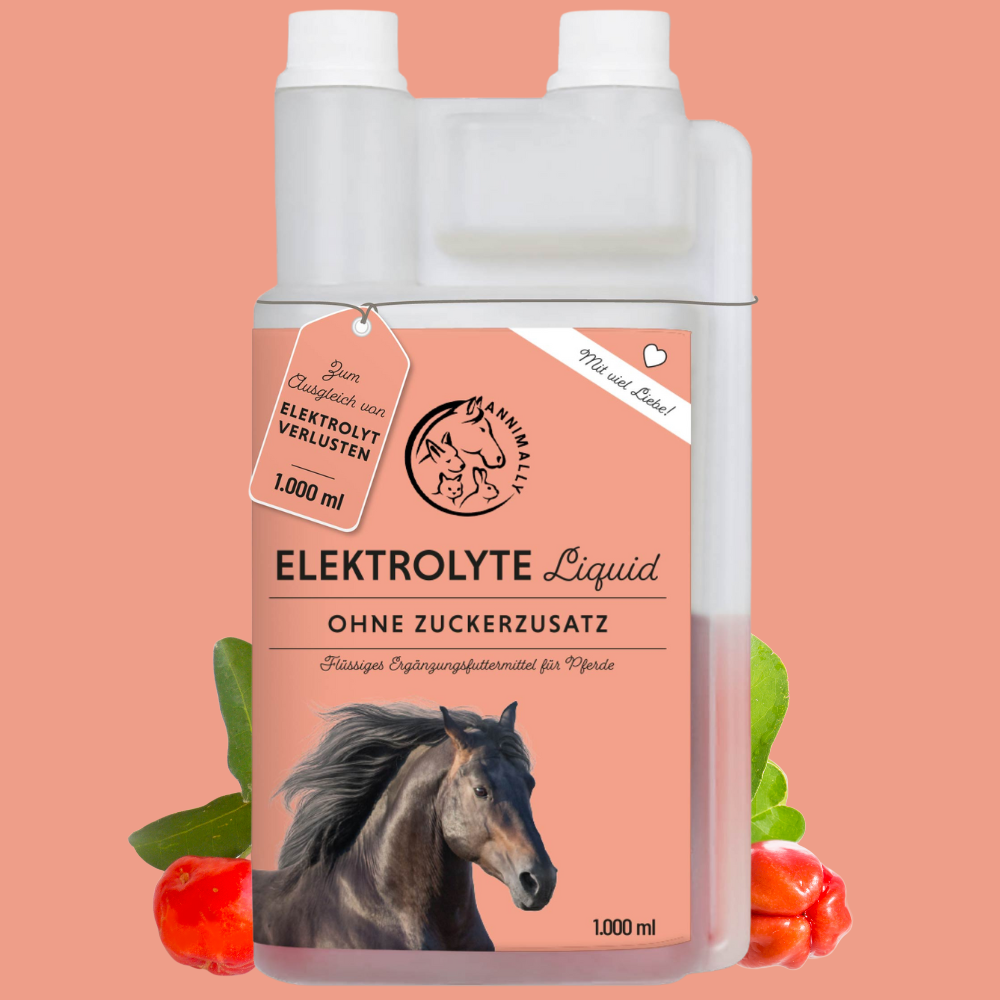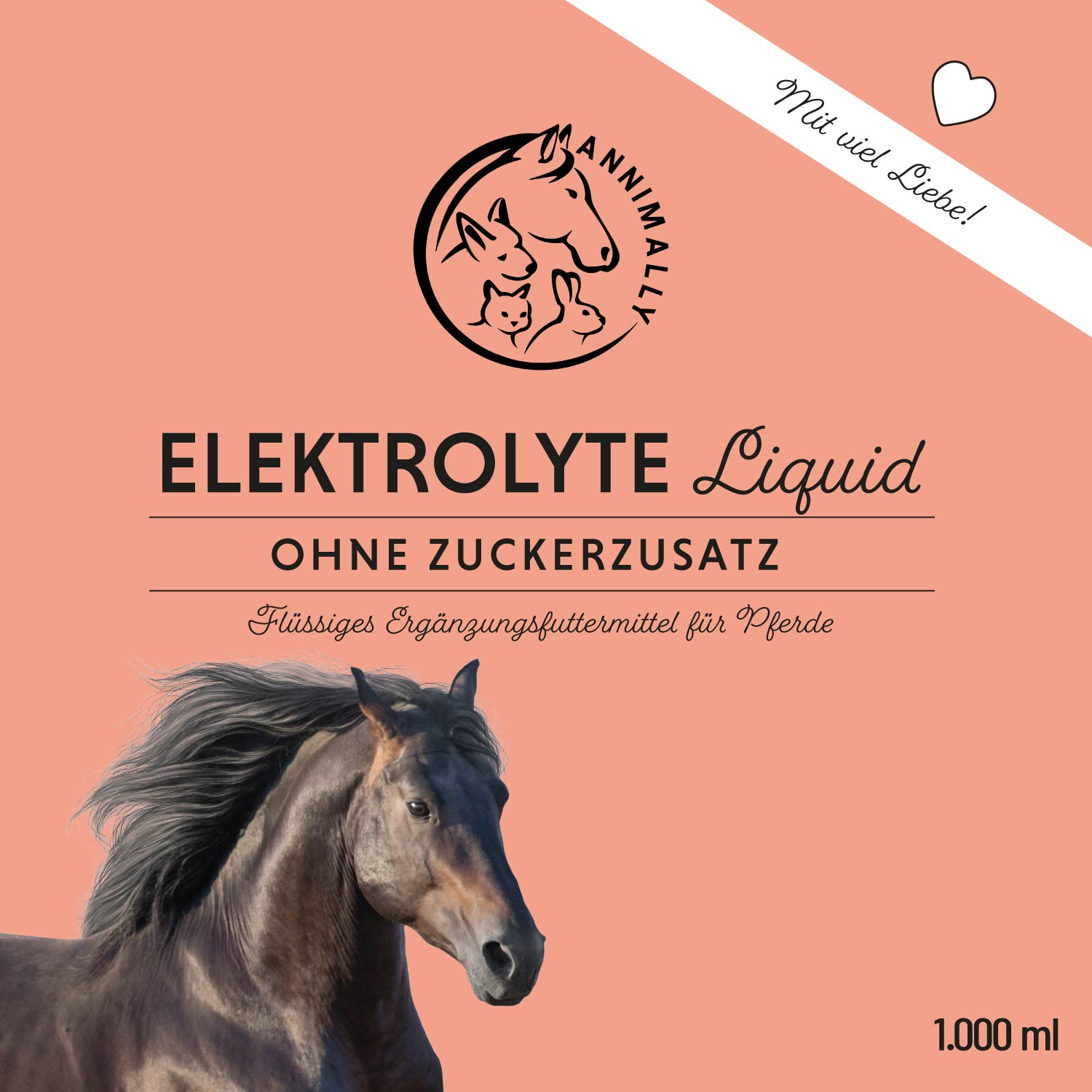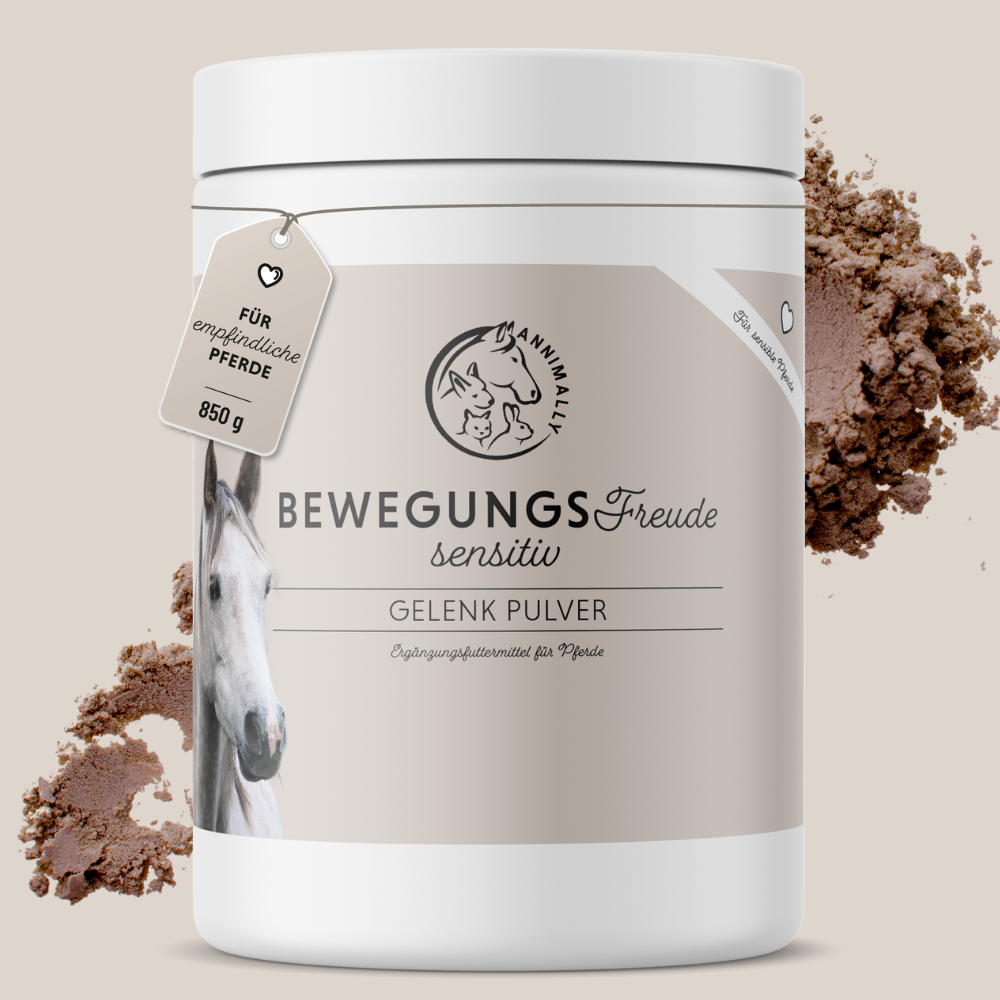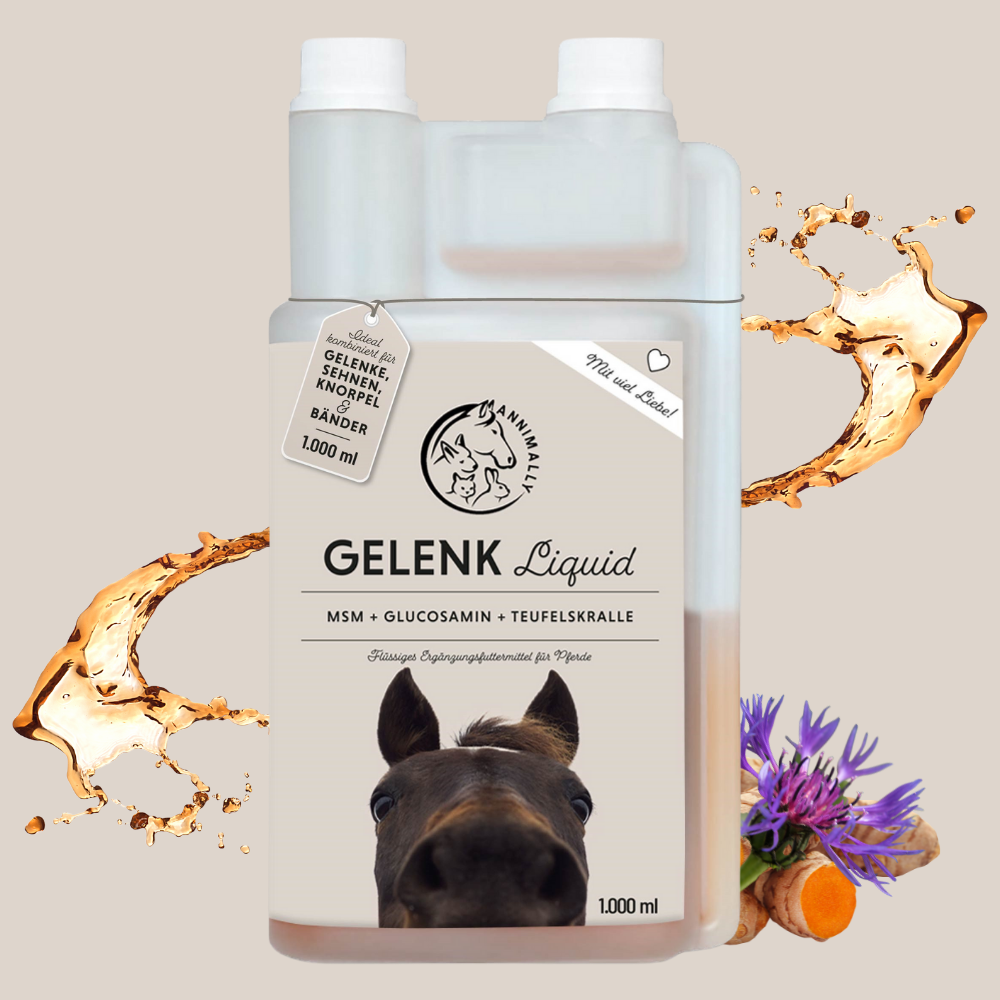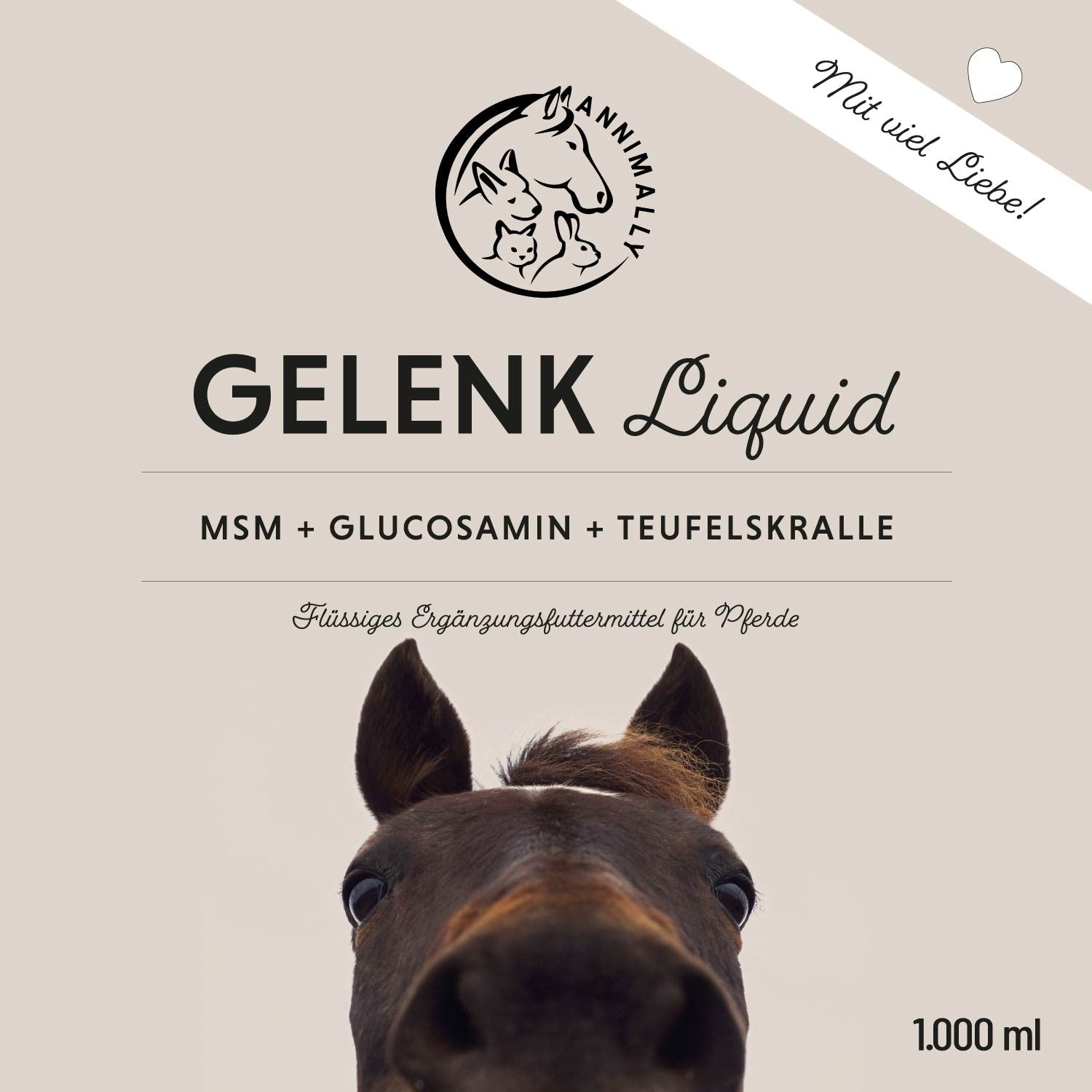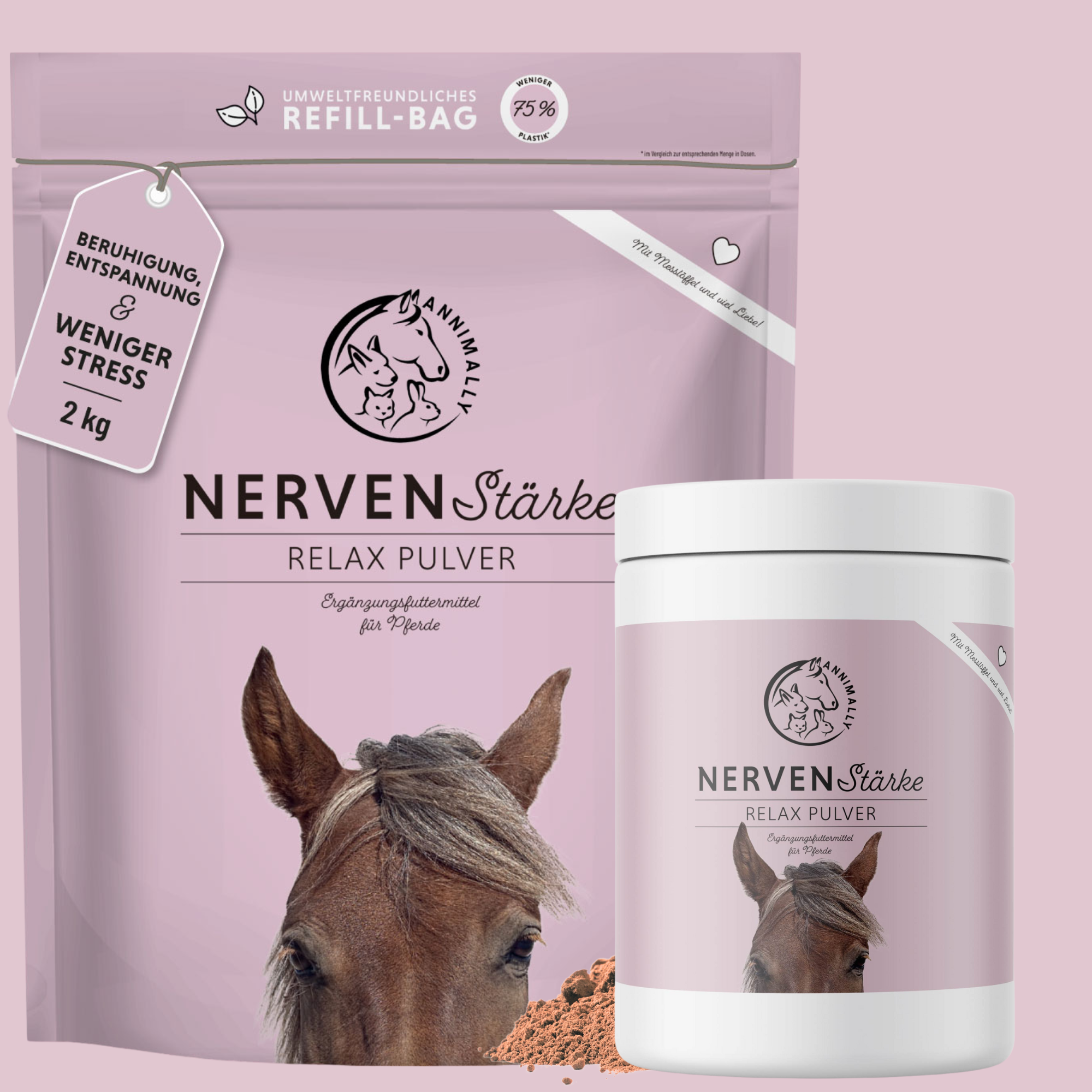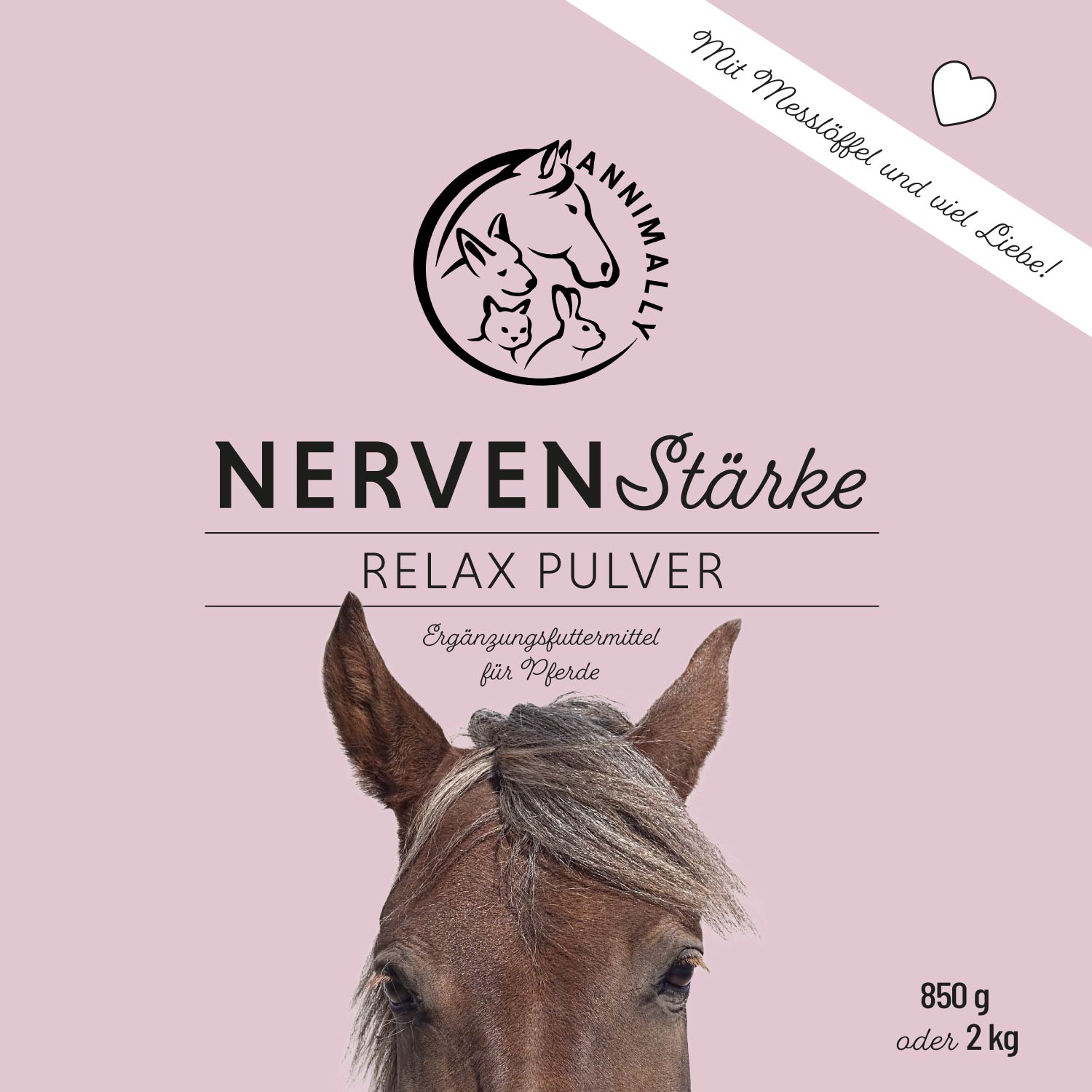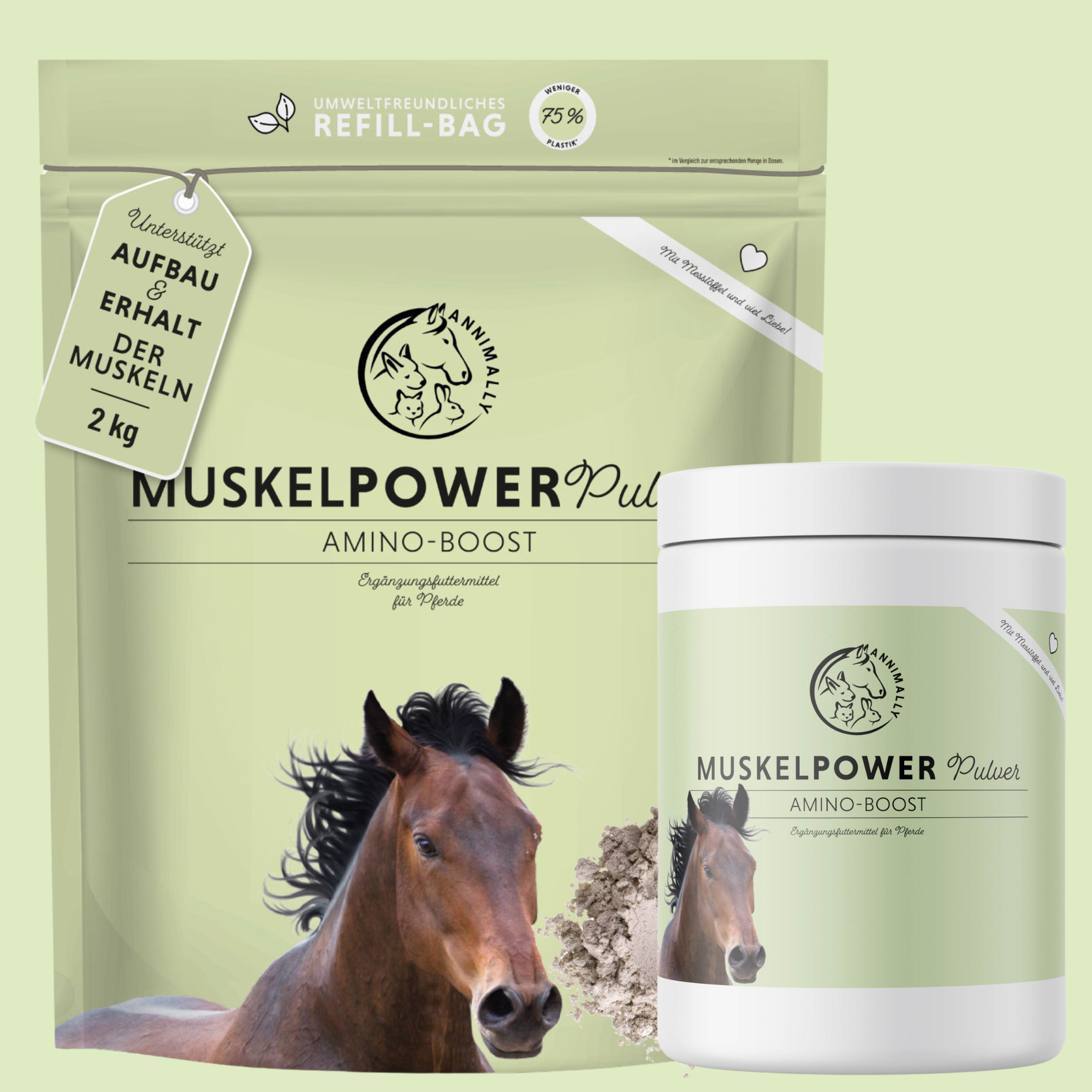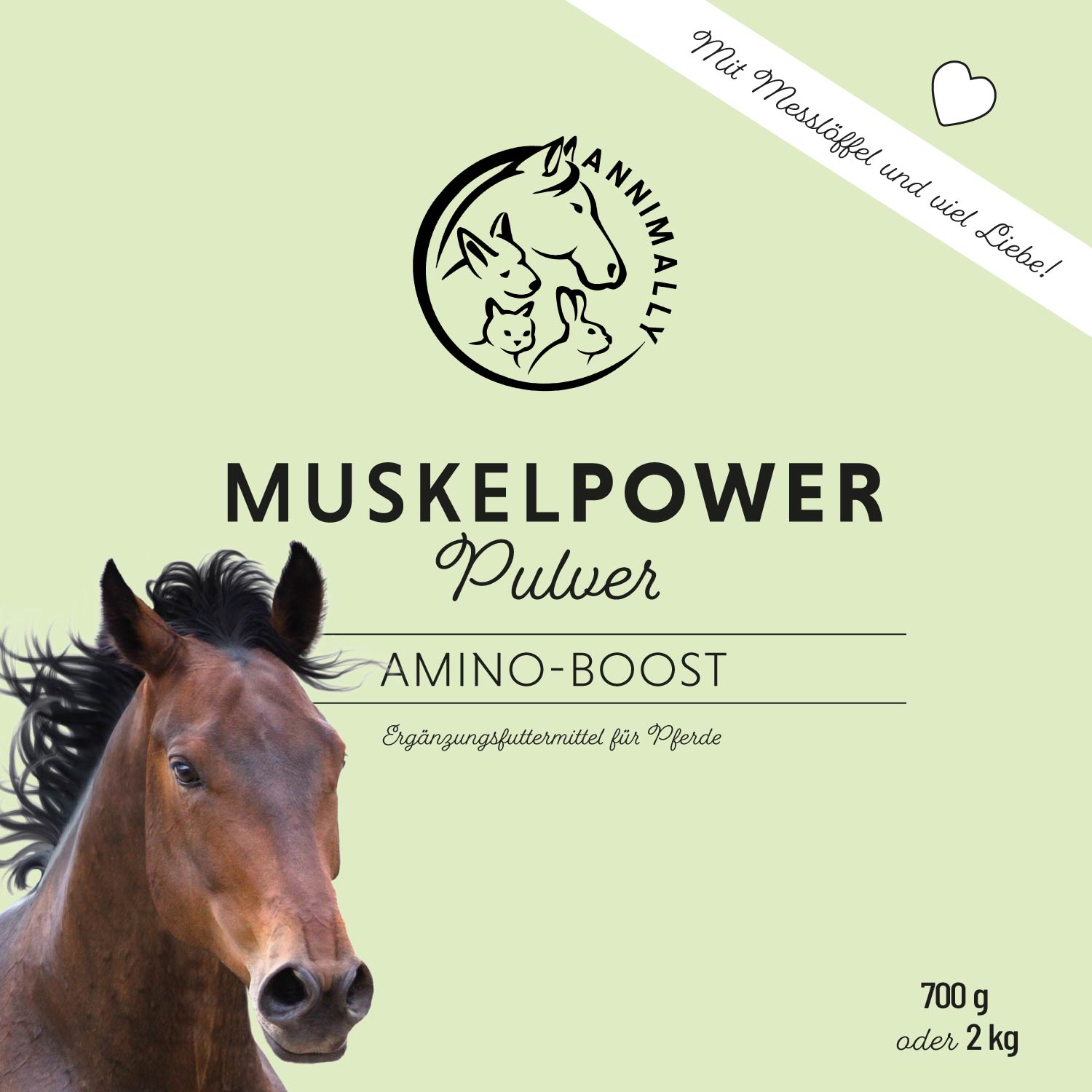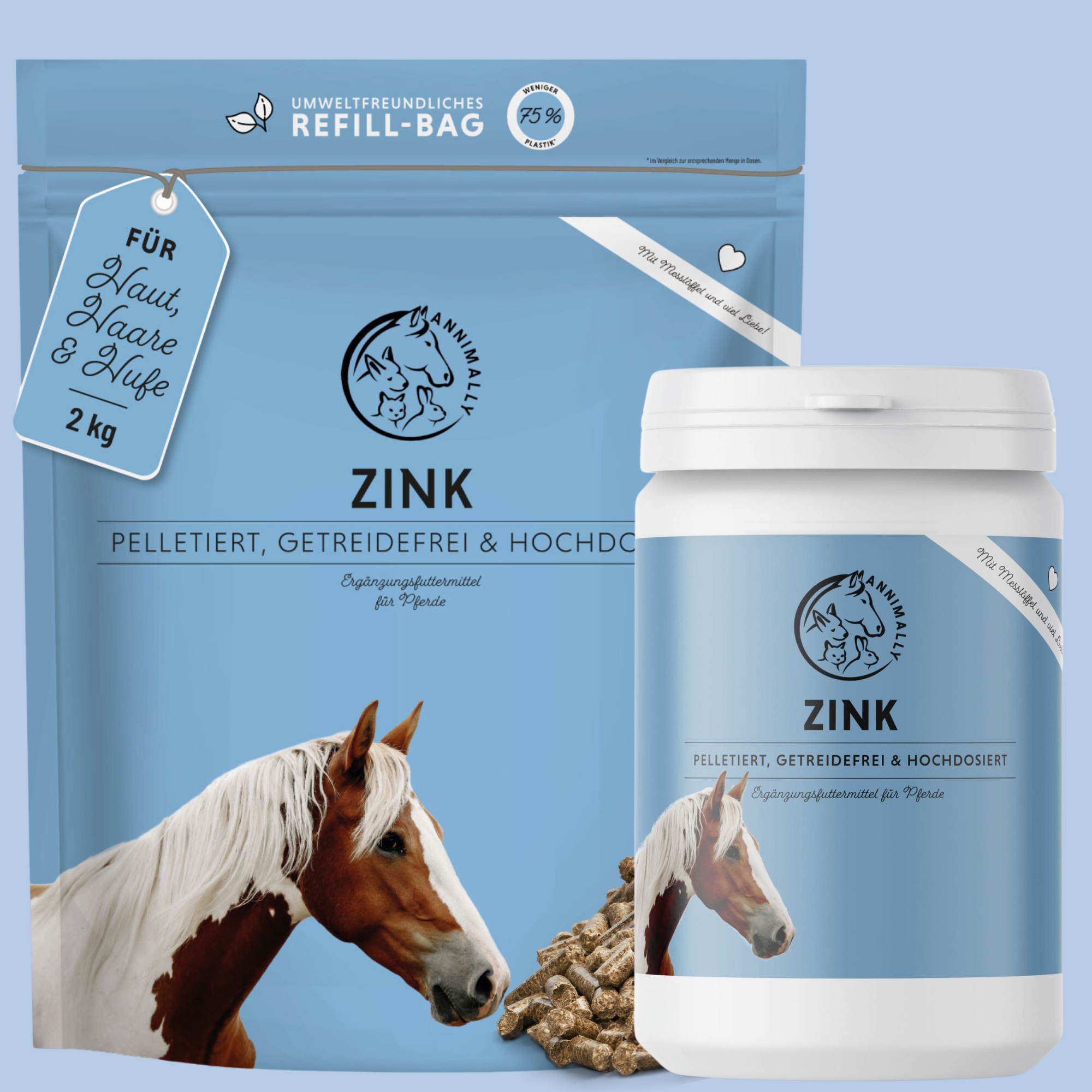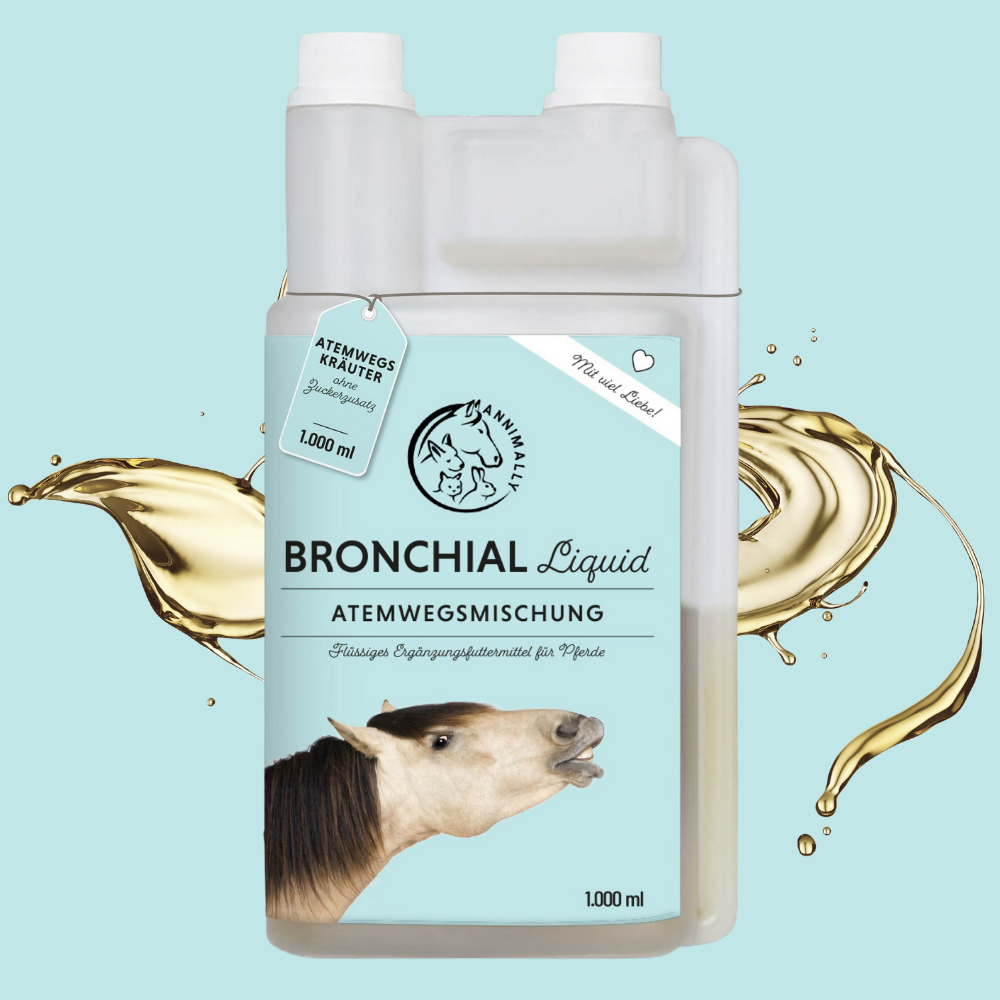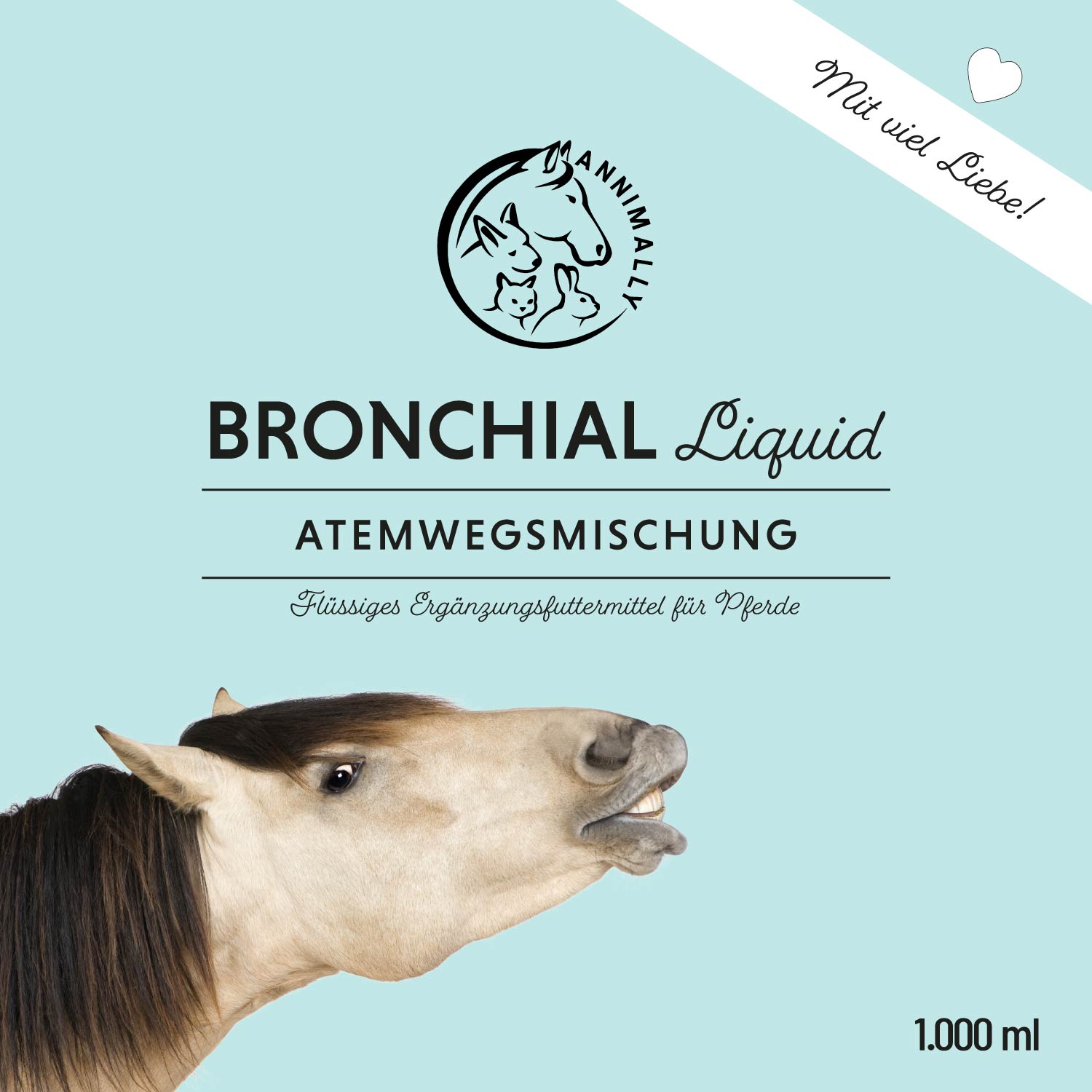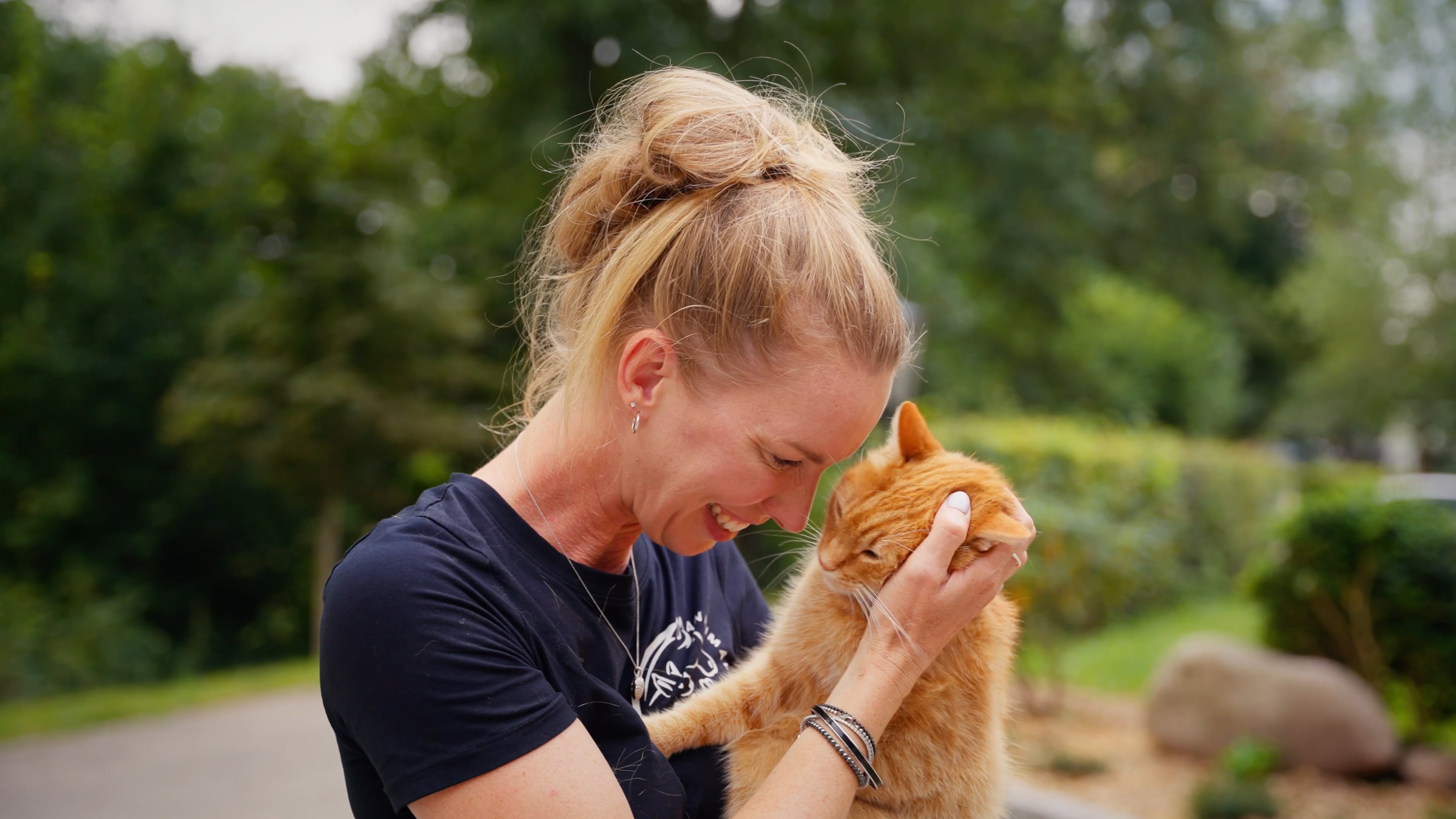Calcium for horses: Everything you need to know about proper calcium intake
A sufficient supply of calcium to your horse is crucial for its health and performance. Calcium is the most important mineral for bone health, tooth stability and functioning muscles. But in order for your horse to really absorb and utilize the calcium from its feed, other elements such as phosphorus and vitamin D are also important. These not only support the absorption of calcium, but also help to maintain balance in the body.
In this detailed guide, you will learn why calcium, phosphorus and vitamin D are inextricably linked and how you can ensure the best possible supply for your horse.

Why Calcium is Essential for Horses
Calcium is one of the most important building blocks for a healthy and stable life for your horse. Around 99% of the calcium in your horse's body is stored in the bones and teeth and thus contributes to the stability of the entire skeleton. In addition to this structural role, calcium is also crucial for many other processes in your horse's body.
It supports muscle contraction, which is particularly important for performance horses, and plays a key role in the transmission of nerve impulses. Without sufficient calcium, these body functions cannot function optimally, which can severely affect your horse's performance and well-being.
The Importance of Calcium for Bones and Teeth
Most of the calcium in your horse's body is stored in bone tissue. Calcium strengthens bones and gives them strength to withstand the weight of the body and provide stability during movement.
In young horses, calcium supports the growth and development of strong bones. However, a deficiency can cause growth problems and bone loss, which can lead to long-term damage, especially in young and growing horses.
Calcium and muscles: strengthening muscle function
Calcium is just as essential for muscles as it is for bones. With every movement, the body needs calcium to contract and relax the muscles. This applies not only to the skeletal muscles, but also to the heart muscle.
Your horse's heart depends on a sufficient supply of calcium to beat reliably and evenly. Horses with a calcium deficiency can therefore suffer from muscle cramps and tremors and be less efficient overall.
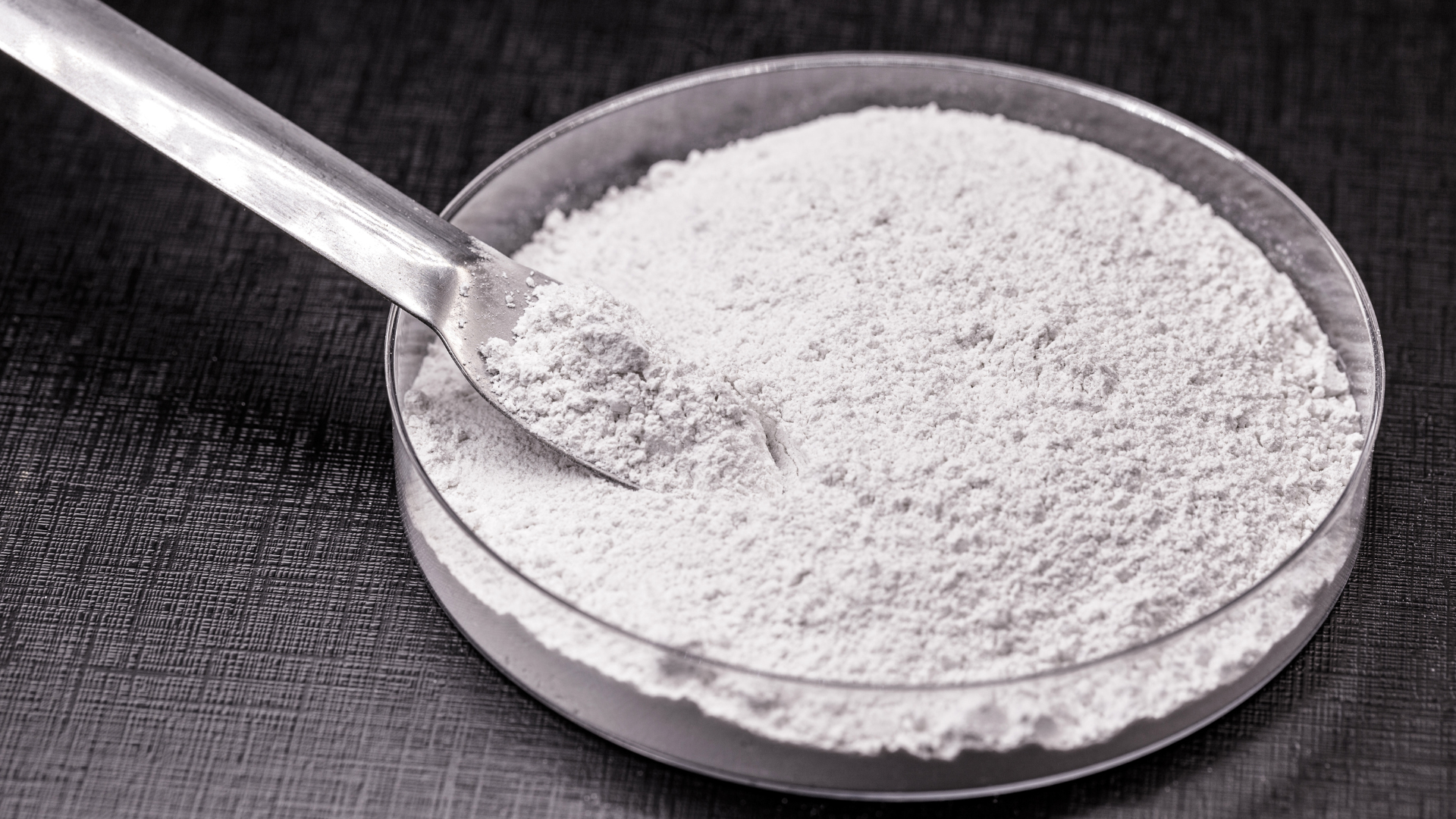
Vitamin D: The Key to Calcium Absorption
Vitamin D is essential for optimal calcium absorption. It promotes the absorption of calcium in the intestine and ensures that it reaches the bloodstream and can perform its functions there. Without sufficient vitamin D, the body cannot fully utilize the calcium it absorbs, which impairs the horse's supply. In nature, the vitamin is naturally produced in the horse's skin through sunlight.
The right calcium-phosphorus ratio for a healthy balance
Calcium and phosphorus are in a delicate balance that must be maintained at all costs. Phosphorus is another important mineral that is needed for bone structure and energy metabolism in your horse. The optimal ratio is 2:1, i.e. two parts calcium to one part phosphorus.
If the phosphorus level is too high, it can hinder calcium absorption and pull calcium out of the bones, leading to skeletal weakness. It is therefore important to pay close attention to the ratio in your horse's diet to ensure a balanced supply.
Your horse's daily calcium requirement: This is how much is needed
Your horse's calcium requirements vary depending on age, activity and life phase. An adult horse needs an average of around 30 to 40 grams of calcium per 100 kilograms of body weight per day. Pregnant and lactating mares and young horses have a higher requirement because they need additional calcium for growth and milk production. Since requirements can change depending on life situation, it is a good idea to check your horse's calcium status regularly.
Calcium sources in basic feeding: hay and grass
Hay and grass are the main sources of feed for most horses and already contain a certain amount of calcium. However, the calcium content can vary greatly depending on the soil conditions and plant species. If grass grows on calcareous soil, it is usually richer in calcium. By carefully selecting the basic feed, you can already have a positive influence on your horse's calcium supply.
Natural calcium sources: alfalfa and clover
Alfalfa and clover are very calcium-rich plants and are ideal as natural feed supplements for horses that have an increased calcium requirement. Alfalfa hay is particularly suitable for growing horses or lactating mares, as it contains valuable proteins and vitamins in addition to calcium. By adding alfalfa or clover, you can increase your horse's calcium intake in a natural way.

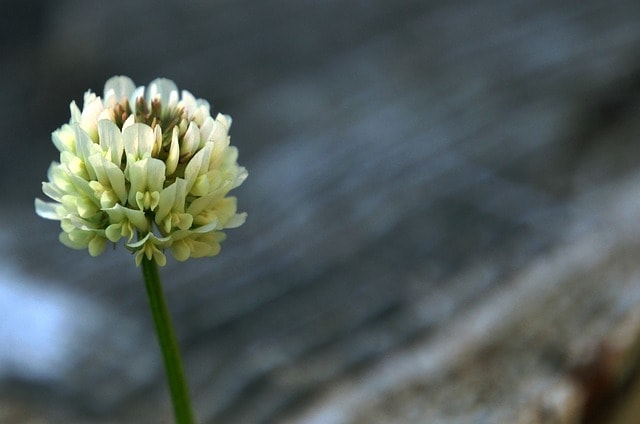
Calcium supplements: When they are useful and which ones are available
Calcium supplements can be useful if your horse's basic feed does not contain enough calcium. Popular supplements include seaweed lime or special mineral feed mixtures, which provide the mineral in high concentrations and in a readily available form. However, since an overdose can lead to an unwanted shift in the ratio of calcium and phosphorus, you should always discuss the use and dosage with a veterinarian or feed consultant.
Recognize symptoms of calcium deficiency and act
Calcium deficiency in horses often only becomes apparent through non-specific symptoms. The most common signs include:
Growth problems : In young horses, a calcium deficiency can lead to bone deformities and growth disorders.
Brittle bones : Even in adult horses, a deficiency can increase the risk of bone fractures.
Muscle cramps and tremors : Since calcium is important for muscle contraction, a deficiency often results in muscle problems.
General weakness and reduced performance : A deficiency can affect your horse's vitality and lead to tiredness and reduced resilience.
If you notice one or more of these symptoms, have a blood test done and check your horse's diet.
Tips for optimal calcium absorption and supply
To ensure that your horse is always well supplied with calcium, follow these tips:
-
Have your feed analyzed : Have your hay and grass tested regularly for calcium and phosphorus. This way you will know exactly whether your horse needs additional supplements.
-
Ensure vitamin D : Make sure your horse gets enough sunlight. In winter or when kept in a stable, vitamin D supplements can be useful.
-
Feeding according to needs : Adjust calcium intake to age and life stage. Young horses and lactating mares have a higher requirement than adult horses.
-
Keep an eye on the calcium-phosphorus ratio : Maintain the recommended ratio of 2:1 to ensure optimal utilization.
-
Include calcium-rich plants such as alfalfa and clover : These plants can be mixed into the basic feed and support the calcium supply in a natural way.
Conclusion: Strengthening through the mineral calcium for a healthy horse life
The right combination of calcium, phosphorus and vitamin D is the key to strong bones, healthy muscles and a vital nervous system in your horse. Through targeted feeding and needs-based supplements, you can help your horse to stay healthy, efficient and strong.
